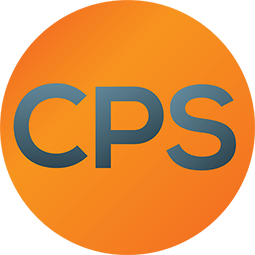Using Header Tags in SEO
01/24/2020
There is no denying that header tags still serve an essential role in SEO for your website and the users who visit it. SEO can influence your rankings through Google by making your content more natural and enjoyable for a visitor to read. Headers also provide keyword-rich context about the content on the site which the search engine uses to find you. SEO continues to evolve and the heading tags should be optimized to provide the best results in today's world of change.
History of SEO Heading Tags
HTML header tags are created to separate the headings (H1) and sub-headings (H2-H6) of a website page from the rest of the content. Heading tags (H1, H2, H3) were legitimate ranking factors in the early 2000s and it was required to add keywords into the heading if you wanted to rank. This practice in SEO has changed quite a bit in recent years.
SEO Habits Vs. Useful Practice
Adding keywords to heading tags has become a habit more than actual usefulness in SEO. Taking a closer look at top ranking websites shows evidence that header tags no longer require keywords to succeed anymore. Another example of an old habit is the belief that H1 headings are more important than H2 headings or other listed tags after that. This belief 15 years ago would have been a real ranking factor but presently, this is no longer the case. Currently, the primary purpose of heading tags is to explain what the content on the page is about. It helps visitors understand what the text or images are portraying on the website.
Following Best SEO Practice
To improve your website's visibility and grow your online traffic, it is vital to continue the practice of comprehensive and thoughtful SEO strategy. Google along with other search engines are shifting from authority rankings towards the quality of content that is provided. The structure, relevance to the topic, and the whole user experience are all taken into consideration to be successful online in today's world. A few essential SEO practices that you should include on your website are:
- Create a unique title and meta description that explain the page's content easily and accurately.
- Use the most descriptive and important keywords in header tags but don't overuse them; they should be used naturally for a visitor to follow and read easily.
- Provide content to a webpage that is meaningful and accurate. The content should provide specific information to meet the user's intent and be found in search queries. Long-form content appears to be ideal for backlink acquisition; however, John Mueller, Google's Webmaster Trends Analyst, has stated publicly that word count itself is not a ranking factor.
Creative Programs and Systems is an all-inclusive tech company that specializes in Custom Development, Managed IT Services, and Digital Marketing. All work is done in-house and we never outsource our services - from custom server builds and workstations, custom software programming and phone app development to search engine optimization and paid advertising. Our professionals provide results. For more information, check out our website at https://www.cpsmi.com.
